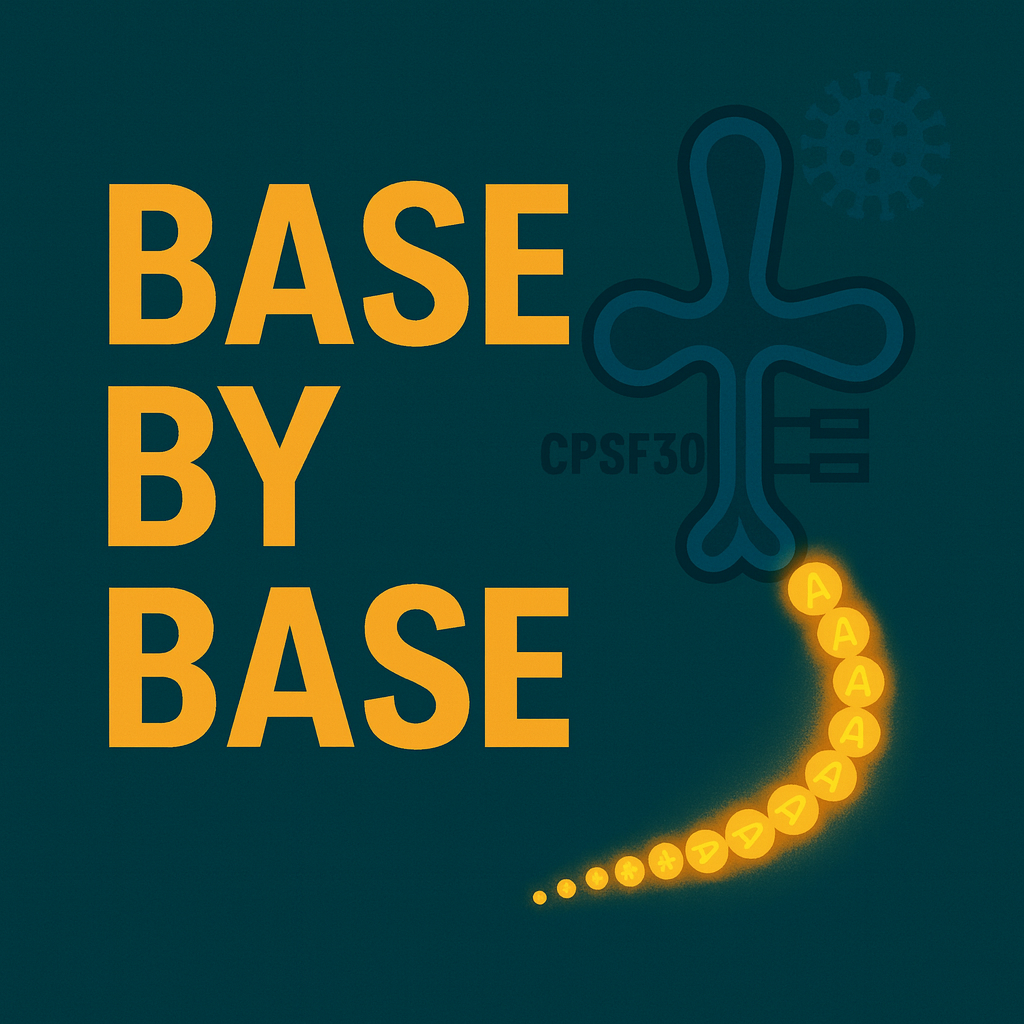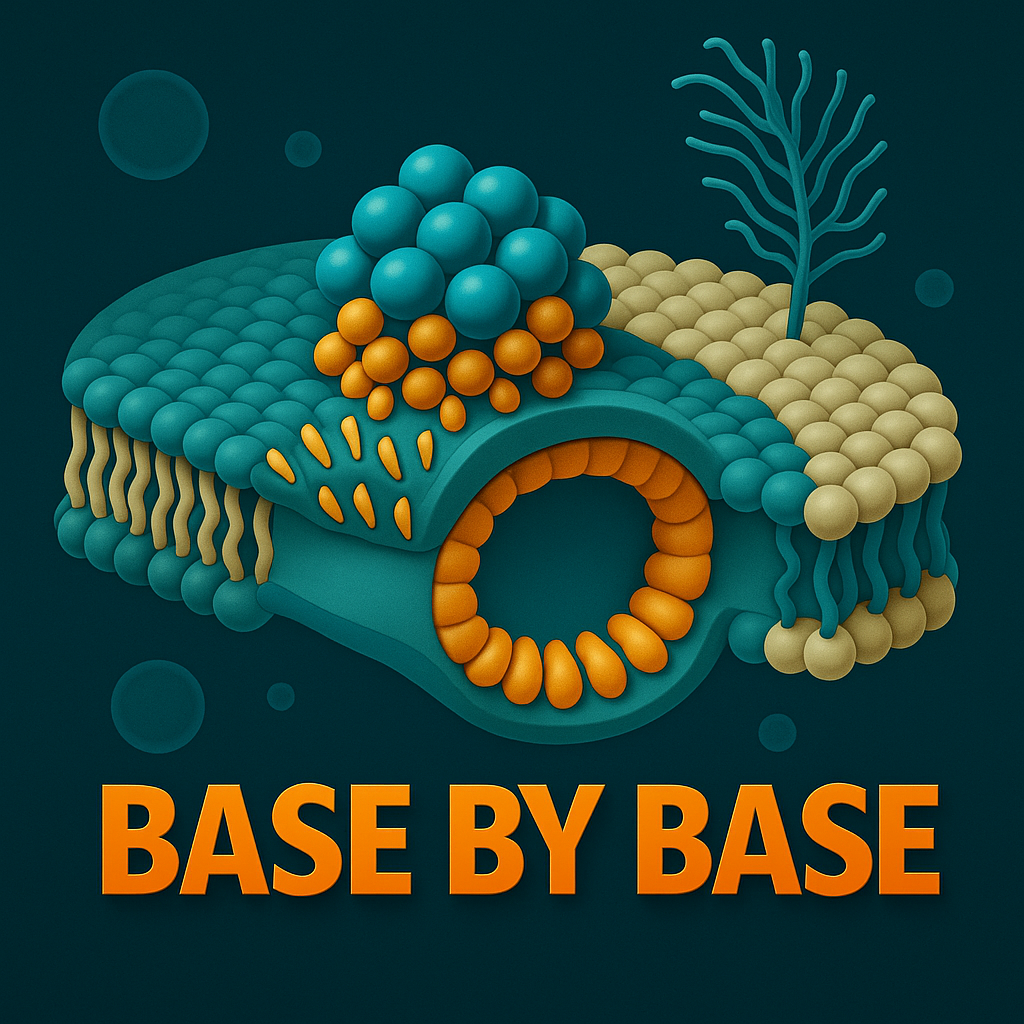Show Notes
️ Episode 36: Bi-allelic POPDC2 Variants: A Novel Autosomal Recessive Cardiac Syndrome
In this episode of Base by Base, we discuss a groundbreaking study by Nicastro et al. (2025) published in The American Journal of Human Genetics, which identifies bi-allelic loss-of-function variants in the POPDC2 gene as the cause of a previously unrecognized autosomal recessive syndrome characterized by cardiac conduction defects and hypertrophic cardiomyopathy. The authors sequenced affected individuals and families, performed homology modeling of POPDC2, and conducted electrophysiological and transcriptomic analyses to elucidate the molecular mechanisms underlying this syndrome .
Highlights of the study: The researchers discovered homozygous or compound heterozygous POPDC2 variants in four unrelated families, all presenting with early-onset sinus node dysfunction, atrioventricular block, and, in some cases, hypertrophic cardiomyopathy; structural models predict that these variants disrupt the cAMP-binding Popeye domain, impairing POPDC2 function; co-expression assays demonstrated that mutant POPDC2 fails to augment TREK-1 potassium channel currents, suggesting a loss of channel regulation; muscle biopsy from an affected individual revealed marked reduction of both POPDC1 and POPDC2 at the sarcolemma, along with tubular aggregates and membrane abnormalities, indicating impaired protein stability and trafficking; spatial and single-nucleus transcriptomics of adult human hearts showed that POPDC2 is highly expressed in sinoatrial and atrioventricular nodal cardiomyocytes, where it co-localizes with POPDC1; finally, population-level analyses across over one million individuals confirmed that heterozygous carriers of these variants do not exhibit related cardiac phenotypes, reinforcing a recessive mode of inheritance .
Conclusion: The identification of POPDC2 as a Mendelian gene for an autosomal recessive cardiac conduction and hypertrophic cardiomyopathy syndrome highlights the crucial role of POPDC2-mediated cAMP signaling and TREK-1 modulation in human cardiac pacemaking. This work expands our understanding of genetic causes of arrhythmia and cardiomyopathy and opens new avenues for diagnostic screening and potential therapeutic strategies.
Reference: Nicastro, M., Vermeer, A. M. C., Postema, P. G., et al. (2025). Bi-allelic variants in POPDC2 cause an autosomal recessive syndrome presenting with cardiac conduction defects and hypertrophic cardiomyopathy. The American Journal of Human Genetics, 112, 1–18. https://doi.org/10.1016/j.ajhg.2025.04.016 .
License: This episode is based on an open-access article published under the Creative Commons Attribution 4.0 International License (CC BY 4.0) – https://creativecommons.org/licenses/by/4.0/




